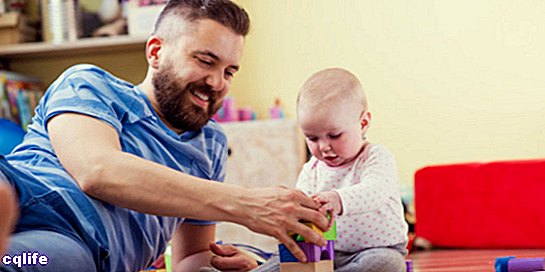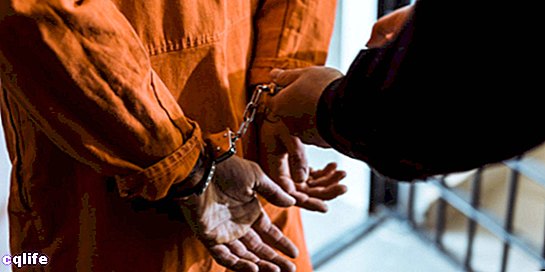We explain what socialization is and what are the socialization agents. Also, what does tertiary socialization consist of?

What is socialization?
The concept of socialization o socialization consists of process by which individuals welcome the sociocultural elements of the social context in which they find themselves through interrelation with the rest of the individuals, in such a way that the concepts about the reality to its personality during the development of the process of social adaptability.
In other words, it is by relating to other people that the individual acquires the perspectives, guidelines, norms and values cultural of a certain society and in a particular historical moment.
Socialization accompanies a person in all stages of development, however it is essential in the period of infancy and childhood. Through this it is that the social forms that are considered "correct" about how to behave before others are known Humans.
It is part of this, as awareness, the assumption of social structures in which it participates and in which it acts, incorporating for itself the differentiation between acceptable (positive) behaviors or values and the values that are considered unacceptable (negative) in a given society.
It is worth clarifying that this process is not exclusive to the different periods of development of the human life, but it is also perceptible in certain social changes that a person may undergo during their social life, such as the cross-cultural change that means the passage from one cultural circle (nation, social group, estate, etc.) to another, this it involves a process of re-socialization.
Socialization agents

Socializing agents are elements that intervene in socialization. They can be individuals or institutions that have great influence on the person and in its social behavior, and they are also through which the individual will develop his social activity.
In this way, two types of socialization can be distinguished:
- Primary socialization. That which the individual receives during the first years of life, in his childhood and infancy when relating to his family, this is essential both for good personal and psychic development, as well as for their social development and the incorporation of social guidelines since it will define their identity. Then, after this stage, secondary socialization begins.
- Secondary socialization. It is intended to give the individual a view different from reality, in which it is no longer the vision of their peers or relatives that has pre-eminence, but rather that of various socializing agents that broadens their knowledge, are relationships with people beyond the family bond. This begins when the childhood or childhood of the individual, friends, teachers, are examples of the socializing agents of this stage that will develop for a longer period than the primary one.
Is there a tertiary socialization?

Tertiary socialization would apply to people considered dangerous.
On the other hand, there is the current discussion about the name of a socialization that we could call tertiary or "resocialization" process. This would be a kind of social reintegration process that is applied in cases in which people have suffered a deviation from the norm or have shown behaviors called “socially dangerous” or criminal.
His objective It is to readjust the behavior of those who have transgressed the norm, and this is achieved with the intervention of professionals who are the implicit socializing agents in this tertiary type of socialization. In this case it is a body of certified specialists such as psychiatrists, social educators, doctors or psychologists. It is common for this socialization to take place within the institutions in charge, such as reformatories or prisons.
